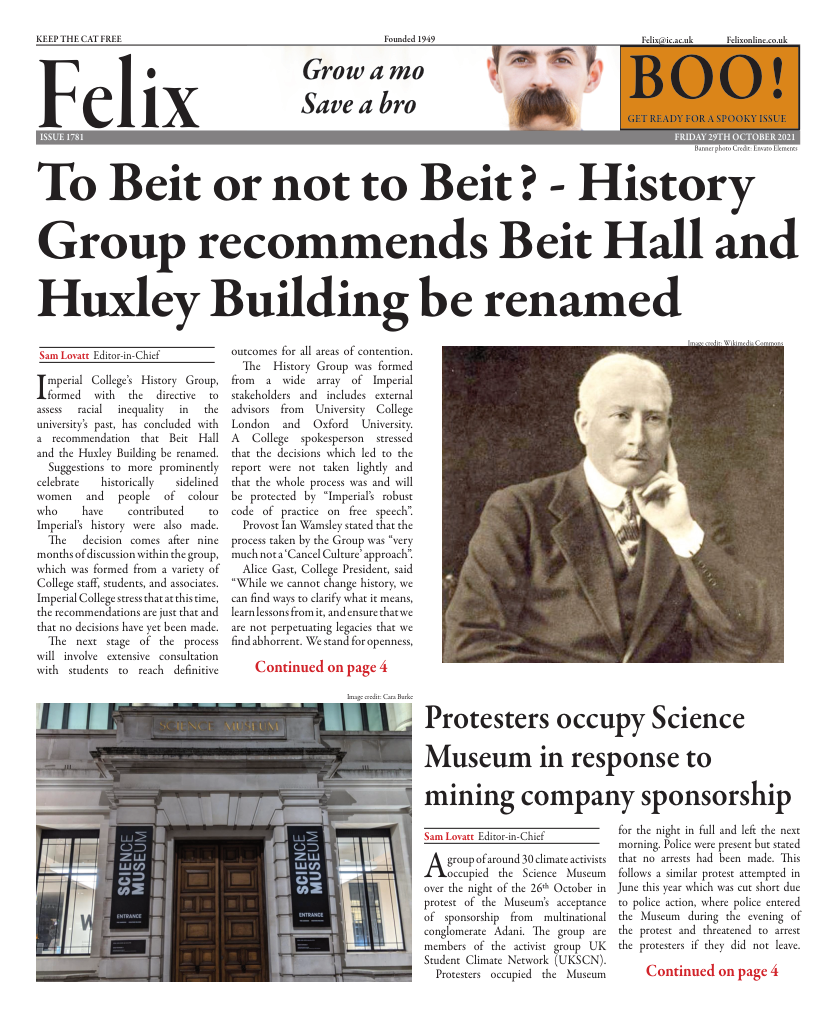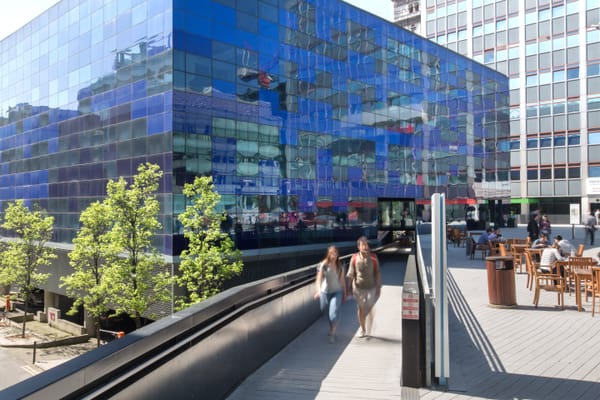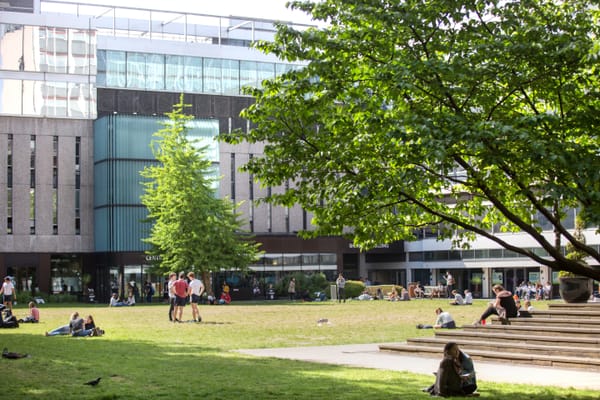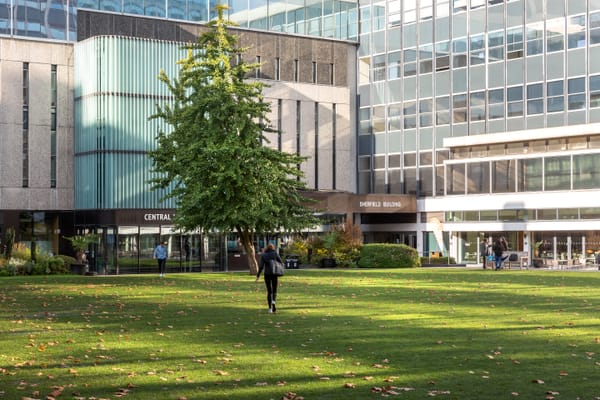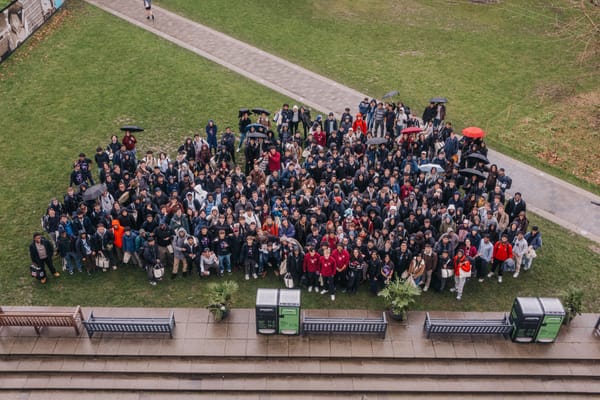To Beit or not to Beit
Imperial College History Group recommend that Beit Hall and the Huxley Building be renamed
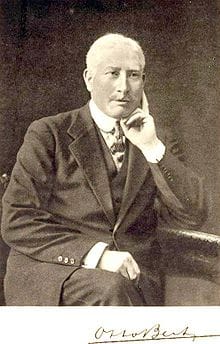
Imperial College's History Group, formed with the directive to assess racial inequality in the university's past, has concluded with the recommendation that Beit Hall and the Huxley Building be renamed.
Suggestions to more prominently celebrate historically sidelined women and people of colour who have contributed to Imperial's history were also made.
The decision comes after nine months of discussion within the group, which was formed from a variety of College staff, students and associates. Imperial College stress at this time that the recommendations are just that and that no decisions have yet been made.
The next stage of the process will involve extensive consultation with students to reach definitive outcomes for all areas of contention.
The History Group was formed from a wide array of Imperial stakeholders and includes external advisors from University College London and Oxford University. A College spokesperson stressed that the decisions which led to the report were not taken lightly and that the whole process was and will be protected by "Imperial's robust code of practice on free speech".
Provost Ian Wamsley stated that the process taken by the Group was "very much not a 'Cancel Culture' approach".
Alice Gast, College President, said "While we cannot change history, we can find ways to clarify what it means, learn lessons from it, and ensure that we are not perpetuating legacies that we find abhorrent. We stand for openness, transparency and freedom of speech – and that will define this dialogue".
The report comes months after an apparent crack-down by the UK government on threat to free speech at universities, when in February the then-Education Secretary Gavin Williamson announced changes to the governance of free speech at universities, including rules that demand universities actively promote free speech.
The group was formed from a diverse range of College stakeholders, invited to join by the College leadership.
The report explained that consultation with the student body would not simply be a majority vote on issues such as renaming buildings, suggesting that decisions may be made where the majority of those consulted do not support the conclusion.
In 2020, in the wake of the murder of George Floyd, the College outlined a number of initiatives it was taking to address questionable aspects of its past and to promote equity in the community today. These included the founding of outreach programmes aimed at doubling the number of black students from London coming to the College by 2024 and the establishment of the Presidential Scholarship for Black Students. The decision to remove the motto was also made at this time.
Addressing the name of Imperial College and why it was not changed, Professor Nilay Shah, Chair of the History Group, said "the group focused on people and activities rather than abstract entities", adding that "we do not wish to erase our history".
The report notes that the name was briefly set as "The New Institution" before being changed to its current form in 1907.
Celebrating women and people of colour
The Group made the recommendation that the College's buildings and monuments more widely celebrate the accomplishments of women and people of colour who contributed to Imperial's history but were sidelined at the time.
Narinder Singh Kapany, also known as "the father of fiber optics" studied his PhD in optics at Imperial and significantly improved the capabilities of light transmission through cables. He coined the term "Fiber Optics" and was named by Fortune magazine as one of the seven "unsung heroes who greatly influenced life in the twentieth century". The group recommended a scholarship be established in his name.
Professor Abdus Salam, 1979 Nobel Prize laureate in Physics and lifetime philanthropist to post-colonial countries, was also highlighted by the report. Salam was celebrated with a blue plaque by English Heritage at the end of 2020, which was installed on his old house in Putney.
Described as "The Muslim science genius forgotten by history" by the BBC, Salam was shunned by his home country of Pakistan. A recent Netflix documentary "Salam - The First ****** Nobel Laureate" tells his story. The group recommend that the theoretical section of the Physics department be renamed after him and that a scholarship be set up in his name.
Dr Margaret Fishenden studied at the University of Manchester and became an honorary lecturer at Imperial College, where she remained for her career. Her work in the Mechanical Engineering department contributed to the function of aircraft gas turbines and flamethrowers in World War 2.

